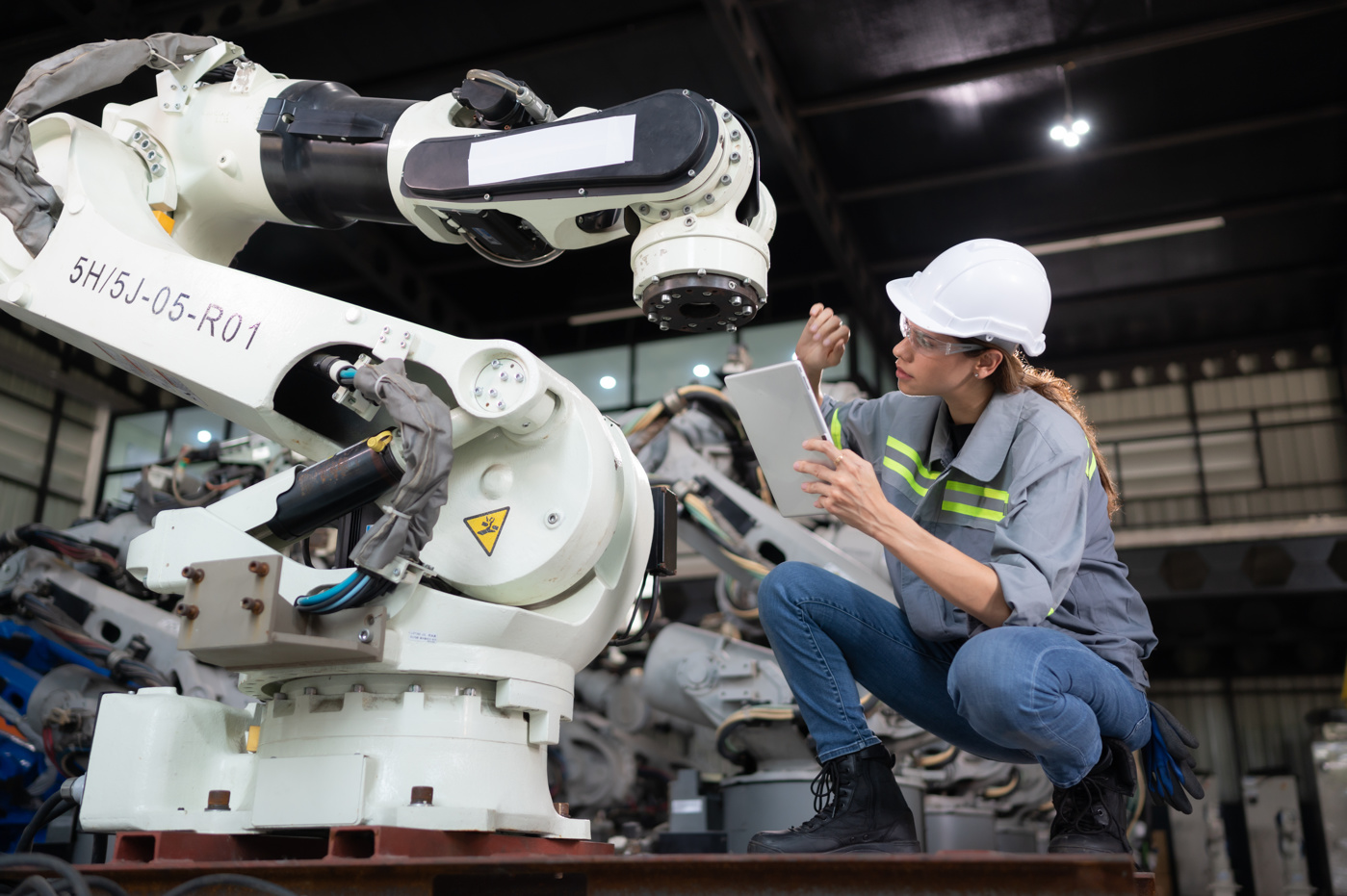What is everyday working life like for a Bachelor of Systems Engineering FH? What do systems engineers FH do?
The job title of graduates of the Bachelor of Systems Engineering UAS is "Systems Engineer UAS". They work at the interfaces of mechanics, electrical engineering, electronics and IT in areas such as automation, robotics and mechatronics and develop networked industrial systems for products, devices or entire systems. Their field of activity includes, for example, the development of mobile robots for automatic disinfection in hospitals, the development of a production line for a brewery or the development of glasses with IT data feed for building technology analyses.
For their innovations, they combine existing components and assemblies with control systems or develop their own assemblies, control systems and components. In doing so, they take into account the needs of their customers, operational structures and entrepreneurial, legal and ecological aspects. In addition to the development, planning and implementation of solutions, their work also includes the maintenance and optimization of systems and quality assurance. They often take on the management of entire projects and interdisciplinary teams. In addition, they must always keep abreast of technological developments, familiarize themselves with new technologies and be able to apply their knowledge in a new environment.

